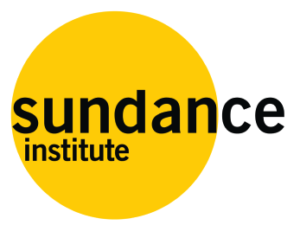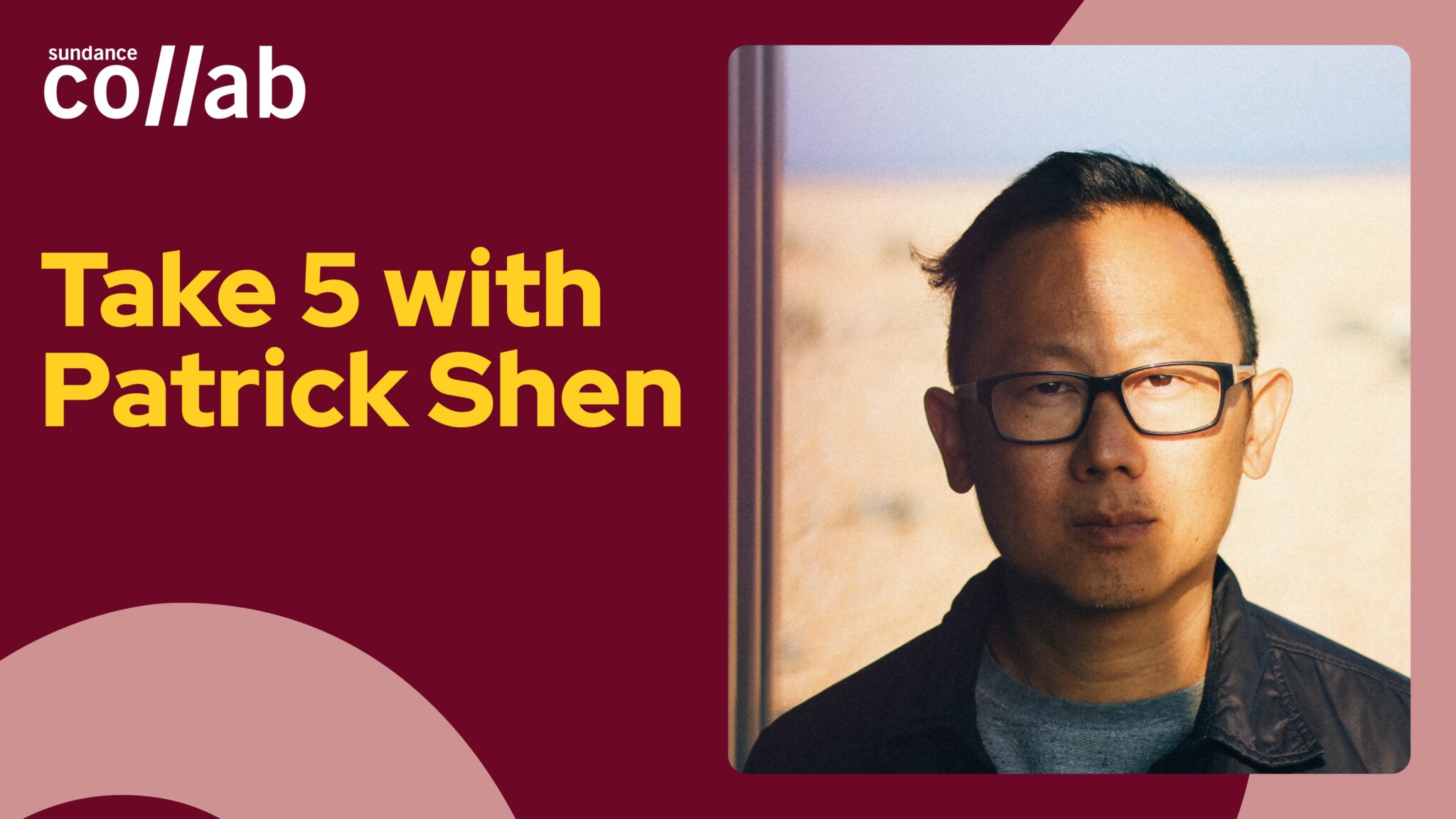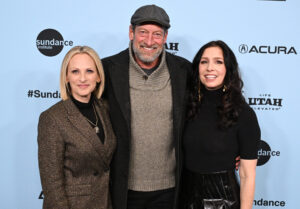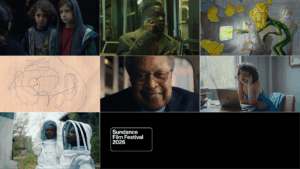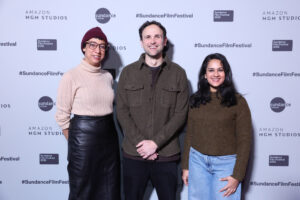By Jessica Herndon
Welcome to the first edition of Take 5, where we invite you to get familiar with the talented instructors behind our Sundance Collab courses. To kick things off, we’re featuring Patrick Shen, who leads the “Documentary Filmmaking: Core Elements” course.
Patrick Shen is a filmmaker whose work is as thought-provoking as it is visually stunning. Known for films like In Pursuit of Silence and The Philosopher Kings, he delves deeply into existential questions and philosophical musings in his movies.
“Filmmaking requires that we immerse ourselves in the stuff of life: the fundamental questions, the ideas that propel humanity forward, and the unspoken and unnameable aspects of our experience,” says Shen, whose movies have screened at major festivals like SXSW. “To echo Frederick Douglass, I see filmmakers as poets, prophets, and reformers who see what ought to be by the reflection of what is and endeavor to remove the contradiction.”
In his eight-week “Documentary Filmmaking: Core Elements” Sundance Collab course, which kicks off July 7, Shen will help level up any doc-making experience by guiding creatives through everything from accessing and casting characters to interview techniques and developing a compelling proposal for potential funders.
Not only is he guiding the next generation of documentarians through Sundance Collab, but Shen also travels the world as the film envoy for the U.S. State Department, lecturing and teaching filmmaking workshops. And as an adjunct professor at USC, he teaches directing in the graduate documentary production course.
Sure, he’s all about dropping gems of wisdom on his students, but he’s received solid advice throughout his career, too. Shen remembers a key pointer he was given: “Making a life and making a living are two distinct ways of moving through the world. They’re both necessary, but it’s when they point in opposite directions that we experience the most tension in our lives.”
In this Take 5, Shen shares everything from his dream collaborator to a key piece of advice he’d offer his younger self. He also opens up about a career misstep that taught him a valuable lesson, plus the unexpected ways he stays inspired — hint: it’s not just through watching films. Register for Shen’s documentary course HERE, and keep scrolling to get to know your instructor.
What is your dream collab?
John Cage, if he were alive.
How do you stay inspired?
I try to engage with art in a variety of mediums and draw inspiration from other disciplines like literature, philosophy, photography, painting, poetry, experimental film, etc. What many, especially students, find surprising about me is that I actually don’t watch a lot of movies — nonfiction or otherwise. I love movies, of course, and have a desire to watch more, but I get really excited about how to draw inspiration from other mediums and integrate the spirit of those works in my films.
I always tell students that because the originality of their voice as filmmakers is so closely linked to what they’re consuming and what their influences are, they need to venture beyond their disciplines and defy the algorithms from time to time in order to make new discoveries and stumble upon work that resonates deeply.
What has been your greatest failure, and what did you learn from it?
One night, during a Q&A that followed a screening of one of my films that had premiered just months prior, I was feeling particularly burned out, and my answers were a bit unfiltered as a result. Someone had asked a perfectly nice question about how we got a particular celebrity involved in our film, and rather than graciously acknowledge their contribution, I complained about what it took to secure it, even going as far as sharing confidential contractual details.
I found out later that one of the celebrity’s agents was in the audience that night, which, of course, left me horrified. It was a dumb mistake that may or may not have cost us that celebrity’s public endorsement of the film. The lesson: it’s not about me. It’s about the work and all the people who have come alongside me to make it a reality. When representing a project that dozens have poured their hearts into, you find your second wind and honor their collective effort. Suck it up and finish strong.
What is the most significant driving factor of success in your career?
I think my decisions to make the films I’ve made throughout my career have felt inevitable to some degree; if I hadn’t made them, I’d feel like something was truly missing from my life. Most of my films have emerged from my existential curiosities and explorations, and I think that brings an honesty to my work that resonates with people.
Go back in time and offer career advice to your younger self.
The gut feeling that you’re on the right track and where you’re supposed to be despite what everything and everyone around you is saying — that’s the secret sauce that’ll keep your work honest and original. It’s what transforms your work from derivative to revelatory, forgettable to essential. That’s the only work that matters.
